Create back better: innovation in creative education
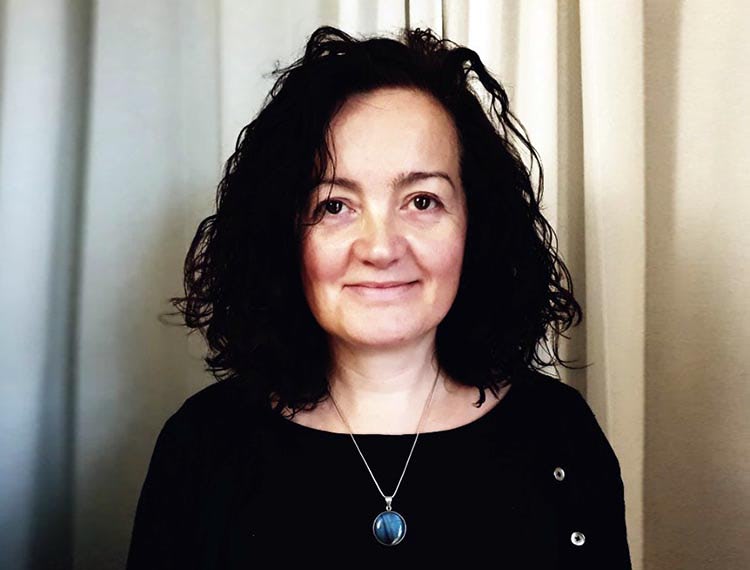
We have heard a lot about resilience in the last year. A generation of educators and students have had to dig deep like no others in our lifetime.
The challenge of the pandemic has touched every subject, at every education provider, at every level, and there are many new practices and lessons learned to take forward as a result.
As we plan for a post-Covid future, there is a wealth of insight to be harvested from our creative students and the tutors and teachers who have supported them.
Creative thinking
Creative thinking and problem-solving are at the heart of creative education, and they are both central to our future and our ability to rebound from the pandemic. The World Economic Forum contends that creative thinking is one of the most important skills needed for us to thrive in the 4th Industrial Revolution. The successful fusion of the physical, digital, and biological spheres require innovation, and innovation comes through creativity.
Human creativity is a cognitive skill that simply cannot be automated. This is one of the reasons it is seen as more resistant to obsolescence caused by AI and automation. Crucially, like any skill, it does not appear out of thin air and must be nurtured, developed, and practiced. University of the Arts London (UAL) Awarding Body qualifications are designed to do just this. They inspire creative thinking by encouraging students to take risks and be brave, to be reflective, and to champion experiential learning. They provide students with a sense of security from which they can explore and develop their talent. They enable them to feel that it is ok to fail, and they enshrine confidence in students, helping them to grow as creative practitioners.
UAL Awarding Body collaborates with hundreds of FE colleges, sixth form colleges, schools, and universities delivering pre-degree creative education. We have been humbled by the sheer brilliance and resilience they have consistently demonstrated throughout this year. Despite the most challenging of circumstances, the tutors and students we work with have adapted, innovated, and evolved to design and deliver curriculum in ways never done before. They have applied their creative thinking skills to resolve the most complex of problems and the outcomes have been astounding.
Lockdowns have forced systems and ways of working, that have for decades resisted change, to transform rapidly, significantly accelerating the pace of adoption of new approaches and new technologies.
Ken Robinson, the late guru of creative education said,
“Many schools are organized as they are because they always have been” and that there isn’t necessarily a logic to traditional structures and approaches to delivery. Post pandemic we have the chance to capture some of the ingenuity that was inspired by necessity and re-think how we do things.
All tutors and students have proved to be incredibly resourceful and adaptable during the past year, but we wish to focus on the particular strengths of those in creative education. We want to champion some of the truly awe-inspiring approaches they have employed through the pandemic and have in many cases served to enhance their provision.
There were so many inspiring innovations across the UAL Awarding Body community that there is only scope here to select some representative examples, some greatest hits of ’21, which can be placed in four broad categories:
1. Widening audiences
At a time when the whole notion of an audience seemed in question, our Performing and Production Arts students have been able to reach new and extended audiences for their work through the use of technology and spaces.
Preston’s College Foundation Learning students were able to extend access to their performance through delivering to audiences online. Their Christmas ‘Sign and Sing Along’ for other local Special Educational Needs Schools was enjoyed by hundreds of young people. With access and transport barriers significantly reduced. It also alleviated some of the anxiety that SEN performers can experience when presenting to a live audience. The centre has vowed to continue this delivery approach for future performances.
Stoke College Art and Design students took advantage of the empty shops on the high street, to turn them into temporary socially distanced exhibition spaces. Providing a means of safely showing student work, brightening up the locality, and perhaps most importantly, bringing art to the public when it was most needed.
Students at Cornwall College St Austell were able to continue to perform through staging a drive-through horror show entitled ‘Descent into Darkness’. This kept both performers and audience socially distanced and safe (from Covid at least!), whilst providing excellent entertainment that presented new challenges to the students in terms of logistics.
2. Resourcefulness and resources
Being stuck at home has necessitated resourcefulness in the use of materials that have shown creative minds can flourish without access to expensive kit. Art and Design students have taken the opportunity to generate work for 3D projects through using everyday found objects in their homes, reverting to table-top craft, and going ‘back to cardboard’.
Gower College engaged with Grayson Perry’s art club to inspire themes for projects and encouraged students to submit work to the TV show, thus supporting a national celebration of creativity.
More widely, technique classes in all disciplines have been delivered via live streaming but also recorded so that they can be re-watched, enabling skills learnt to be practiced at leisure.
‘Click and collect’ has taken on a new meaning for many art and design departments with art materials being collated by dedicated teachers pulling together boxes of paints, paper, fabric, clay, and even sewing machines to enable students to continue their practice at home.
And let’s not forget human resources, or friends and family as they are more often called. These have been drafted in to help with all kinds of creative activity, serving as actors for media students, life models for artists, and audience focus groups. The readiness of these to participate speaks of a generosity of spirit, but perhaps also a chance to connect with a family member or friend by joining in the creative process.
3. Connecting to industry and employers
Effective creative delivery must be reflective of industry practice, and the pandemic has provided a major boost in terms of employability through the ease of accessing guest speakers to hold workshops and talks. Students have benefited from interacting with practitioners of all sectors, from all over the world, at the drop of a video connection.
Music students at South Essex College focused on how to engage an audience and raise their global profile using social media and digital marketing and gained skills that will take them to the next stage as professionals.
Yeovil College worked with Wassail Theatre to deliver & manage Performing Arts in partnership and enable students to benefit from the company’s approach to creating contemporary live performance. Using the principles taken from Wassail’s Somerset Emergency Theatre programme, students were able to gain real work experience within the context of the pandemic.
4. New (and old) technology
For many years, FE has tried to roll out aspects of e-learning and online delivery through a proliferation of champions and initiatives, but it has generally made slow progress due to time and resource constraints. The innovative use of a huge range of platforms, devices, and software throughout the pandemic is incredible and too numerous to mention.
We are now naturalised to producing and experiencing creative work in digital formats and networks, and increasingly in a way that is part of the creative process, not just an afterthought. Importantly, this is often a way to democratise access to skills and knowledge when students have been unable to attend centres. For example, to name one of the hundreds, West Suffolk College Music Performance and Production staff have produced a wide range of snappy vlogs to support and engage students who are unable to access the classroom or studio.
One area to highlight is the long-overdue recognition of the value of mobile phones as a teaching and learning device. Perhaps we will no longer insist that students ‘leave your phone at the classroom door’ and can embrace the possibilities phones present as a learning tool. Digital poverty is a huge problem but access to mobiles can perhaps go some way to relieving this issue.
What next for creative education?
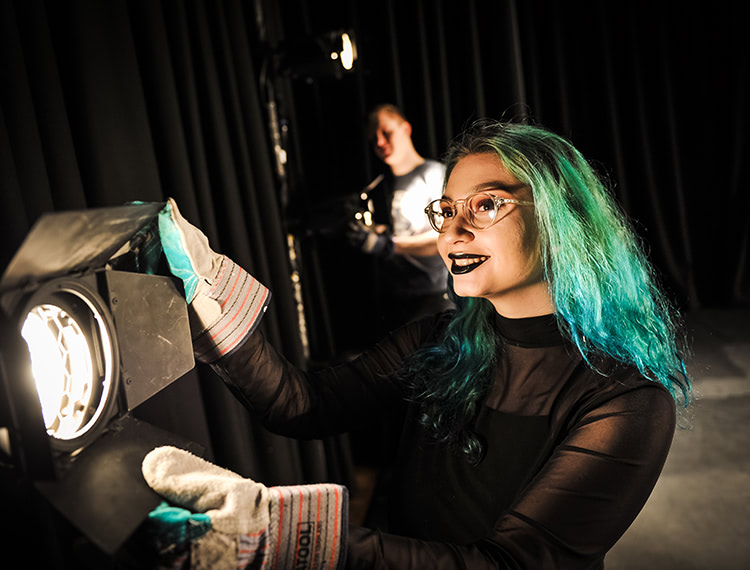
All of these examples speak to a habit that creatives have – that of turning problems into opportunities. A crisis becomes a chance to re-evaluate and try something new. No doubt many students will have had a tough time of it this year, but they emerge with an enviable skill set. Students across our centres have become multi-skilled, nimble, and holistic practitioners. Drama students have learned to edit performance videos on their phones; music students have become digital marketing experts; artists have become bloggers and keepers of our civic space.
Now we are asking ourselves what we as an awarding organisation can do to support and cement the continuation of these wonderful examples of innovation.
It means retaining and building on the flexibility of our qualifications – a flexibility that has meant centres could adapt and alter delivery plans to meet new challenges. The developmental nature of our qualifications encourages risk-taking and enables students to be brave and fully explore their creativity. Finished and polished artefacts are not the only outcome; the pandemic has encouraged exploration and our qualifications can enable the significance of this to be recognised and rewarded. The creative sector has always had to be incredibly resourceful, never more so than now, and our qualifications encourage and enable this adaptable approach to work and life more broadly.
UAL Awarding Body will continue to grow communities of practice across the UK, providing space for subject-specific professionals to share ideas, be inspired, collaborate, and support one another.
We will continue to trust the expertise of our tutors and teachers and empower them to make the decisions that are right for their students. We hope that this is evident even in the midst of the Teacher Assessed Grades process that has been set in motion this year. We have been working with tutors to make professional, evidence-based and context-aware judgments since the Awarding Body began its work in 2007 and we approach this year with the same mutual respect, and as much clarity, support and guidance as we can muster to ensure that students get the recognition they deserve.
For students, we will continue to celebrate their achievements and the contributions of their tutors, teachers, families and support networks, via our annual Origins programme, which has moved online (for now!), enabling us to celebrate far more of our students’ amazing creative work than ever before.
As the late Ken Robinson said,
“Expert teachers fulfil four main roles: they engage, enable, expect, and empower” and what we have outlined above are some wonderful examples of just this.
UAL Awarding Body is extremely optimistic for our next generation of creative practitioners. If they can get through a pandemic and have thrived, there is no stopping them. They are both resourceful and resilient.
“It’s not what happens to us that determines our lives – it’s what we make of what happens”.
Miriam Venner is the Associate Dean for Academic Standards at UAL Awarding Body
Miriam is an experienced educator and further and higher education senior leader with a particular focus on the creative arts. Her role involves working to secure the national academic standards for the University of the Arts London Awarding Body suite of regulated qualifications.


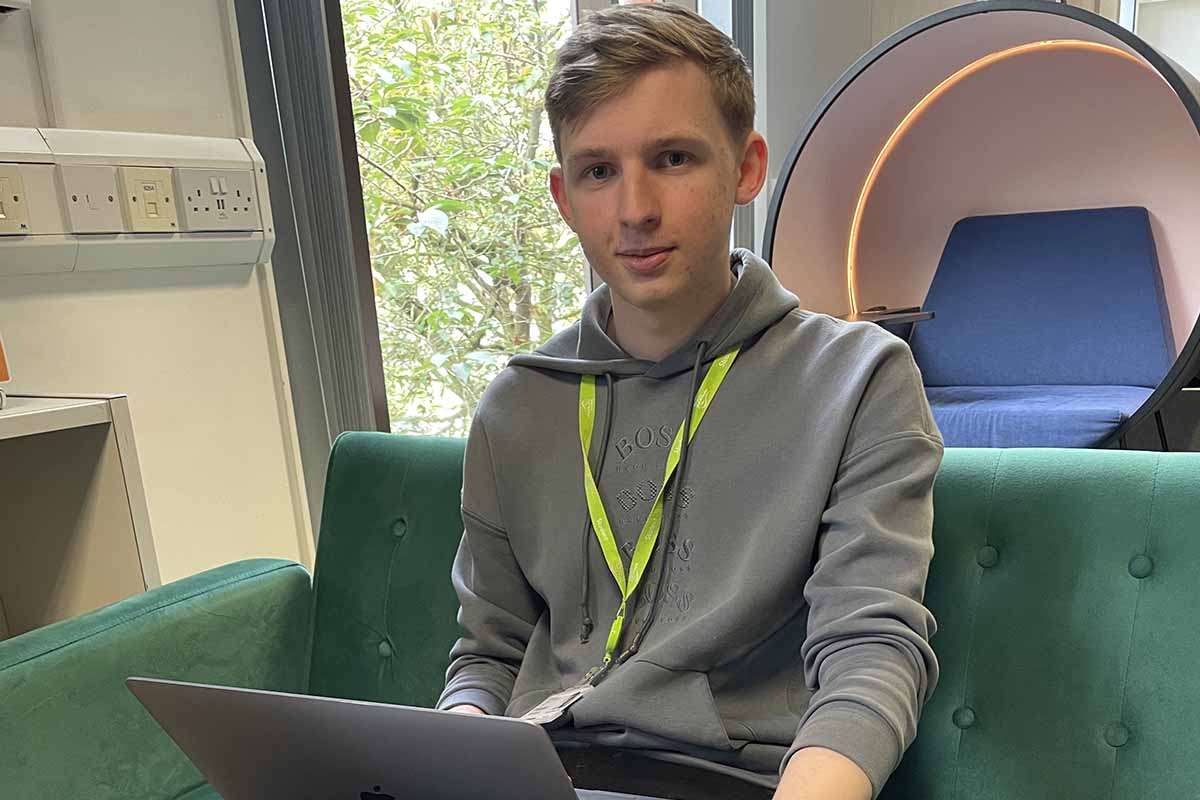
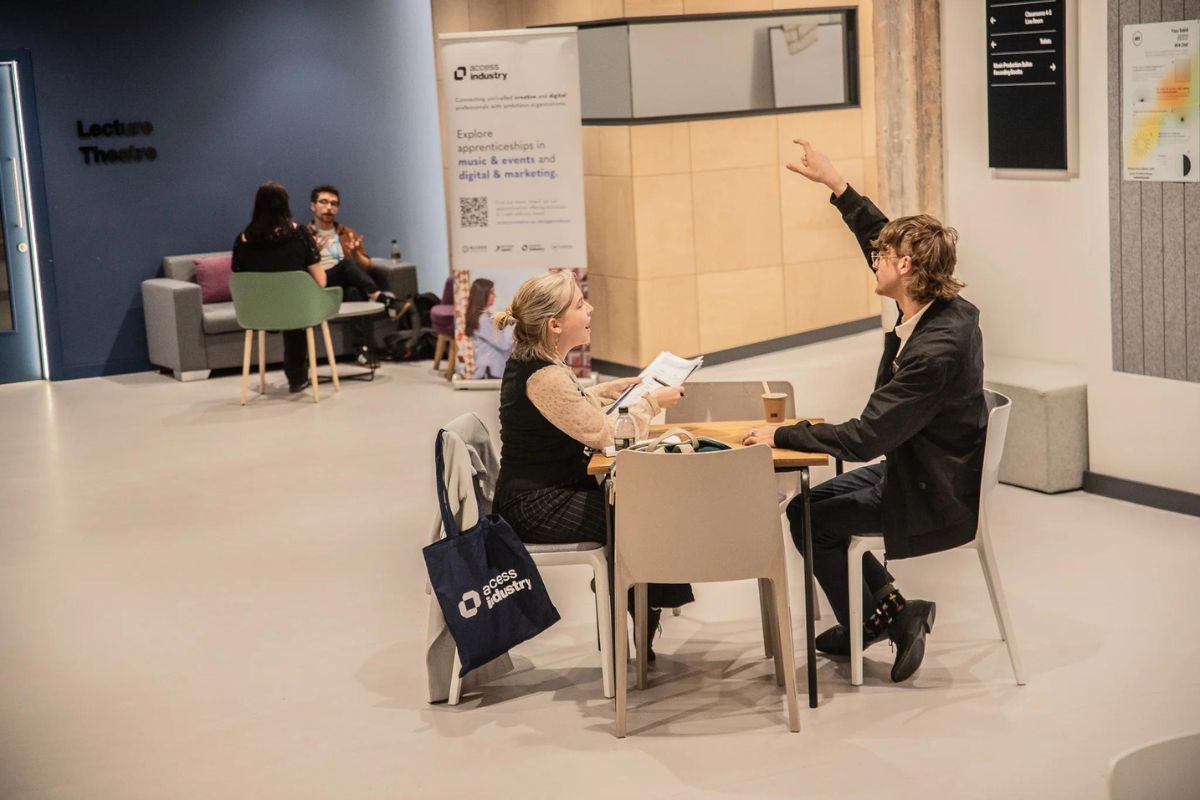




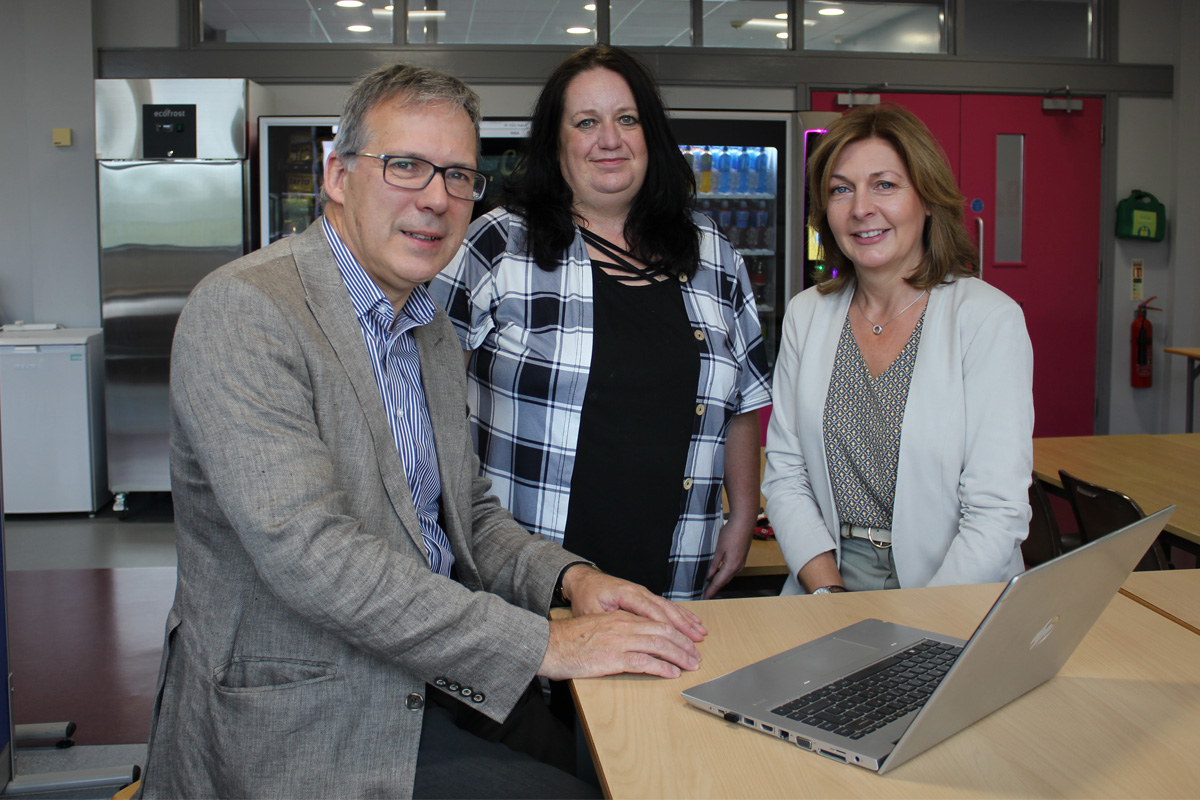
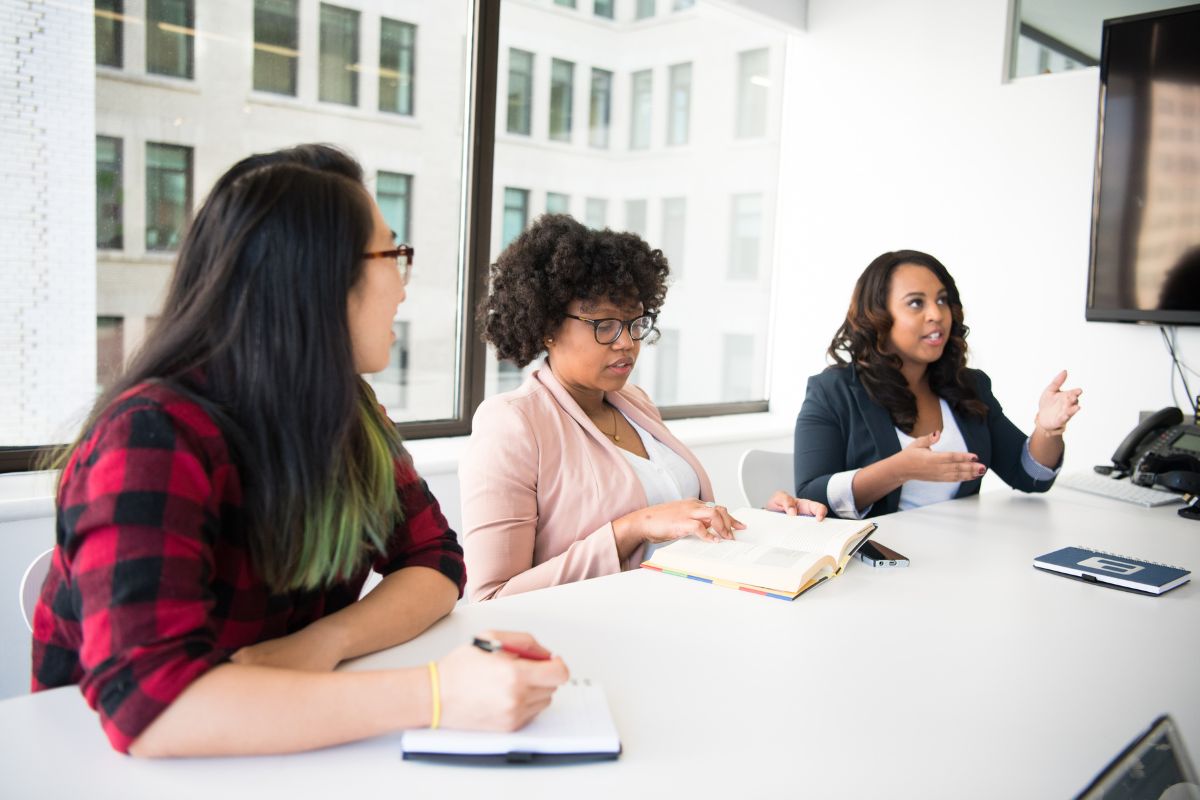
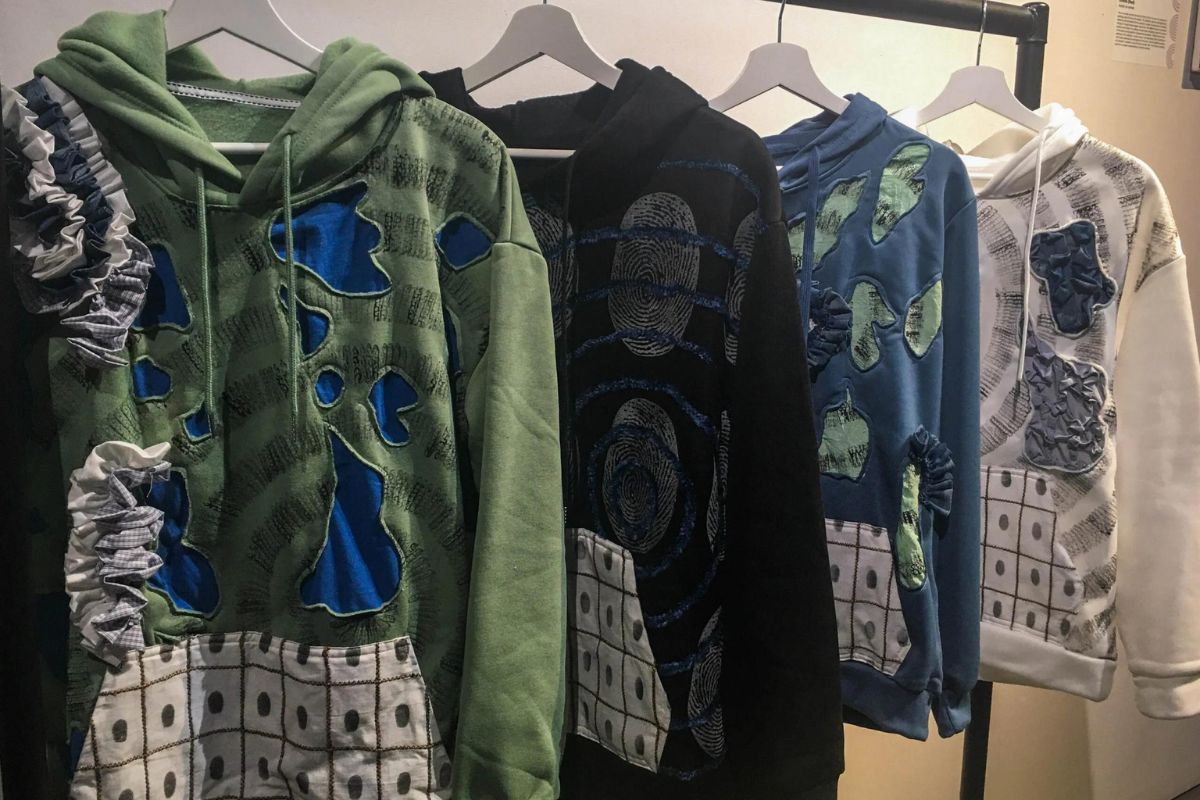
Responses